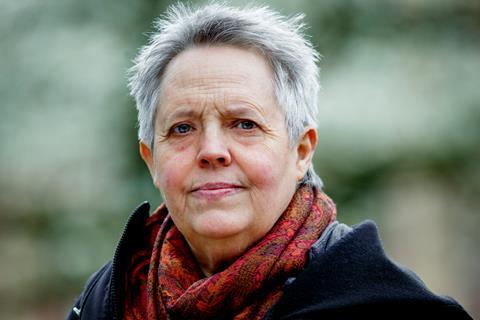A lawyer-led charity dedicated to holding the state to account for violence against women and girls has created a training programme for criminal defence lawyers to understand the dynamics of domestic abuse so they can effectively represent victims accused of offending.
Centre for Women’s Justice says its work over the years has identified gaps in law and practice that often lead domestic abuse victims being prosecuted in circumstances where their experience of abuse is not properly taken into account.
The centre’s director, Harriet Wistrich, said: ‘Time and again we see the criminal justice system generally, and that includes criminal defence lawyers, do not necessarily understand or know what to look for in terms of the dynamics of domestic abuse. We have very common remarks, such as “She gave as good as she got”, without understanding how domestic abuse works or understanding coercive control or the mechanism for entrapping women in relationships.

‘What we’re trying to do is explain our understanding and analysis from working with women who are victims of abuse, understanding why women do not disclose why they remain in relationships where they are victims of abuse, why they might send [loving] messages to someone abusing them. We are trying to get across the context for lawyers so they can much more ably represent these women. We see so many miscarriages of justice... it’s [about] the context, which can help build an actual defence.’
Self defence and partial defences to murder can be enhanced by better understanding, Wistrich said.
A woman in a coercive relationship might have been forced to hold their partner’s drugs, or forced to sign a false mortgage or insurance document. While lawyers with a greater understanding of domestic abuse may be able to put forward better mitigation, the centre wants to reform the defence of duress so it is available in such cases.
‘There are different ways in which coercive treatment can force women into offending and then take the rap for it,’ Wistrich said.
The training programme comprises four online training sessions, which begin next week. They will be delivered by Wistrich, Jacqui Kilburn and Bianca Petkova of Women’s Aid, Goldman Bailey Solicitors consultant Bridget Irving, One Pump Court’s Paramjit Ahluwalia and prison law consultant Rachel Chapman of Broudie Jackson Canter.
An in-person training day - which will cover additional topics such as representing black and migrant women, challenging CPS and court proceedings, defences and criminal appeals - will take place later this year.
This article is now closed for comment.



























6 Readers' comments